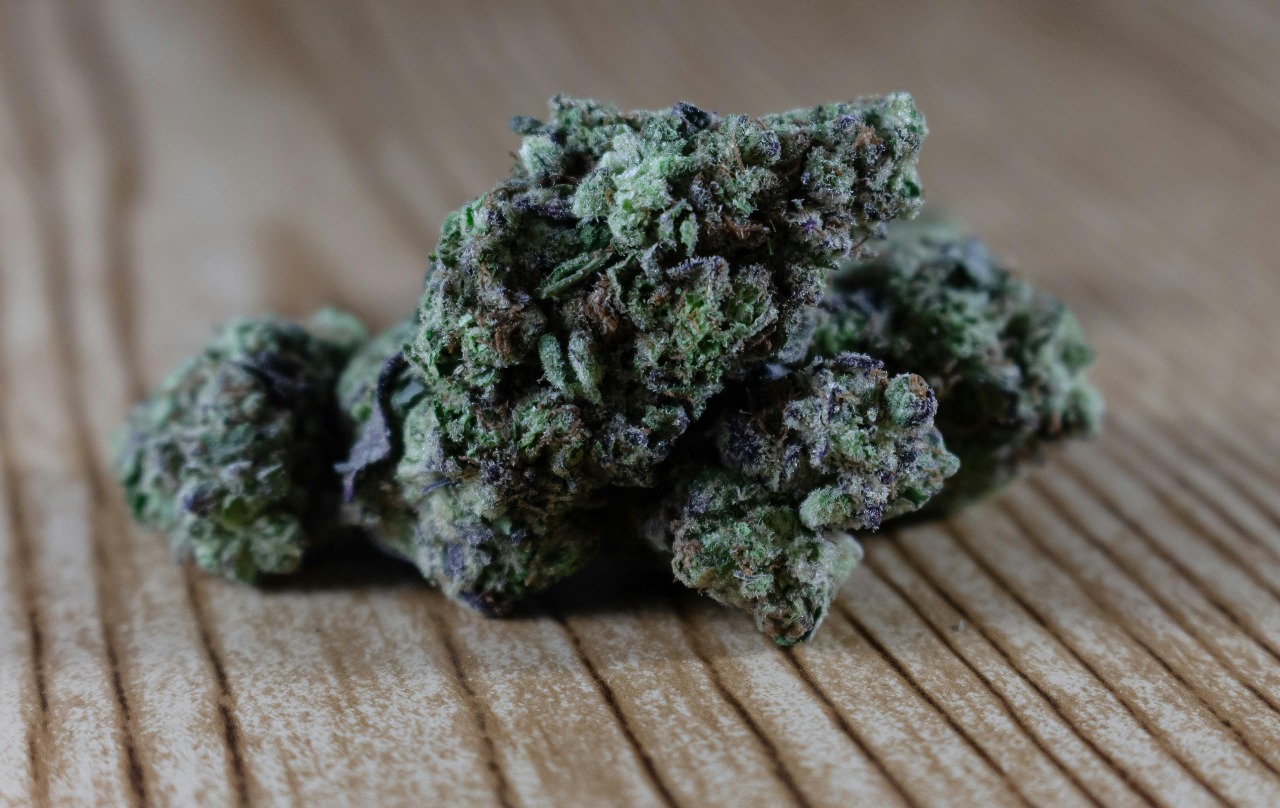Introduction to Cannabis Social Clubs
Cannabis social clubs have become a growing trend across regions where cannabis consumption is either decriminalized or legalized. These clubs provide a safe and regulated space for individuals to come together, enjoy cannabis responsibly, and build a sense of community. Unlike public consumption areas, cannabis social clubs are private, membership-based organizations that emphasize safety, education, and social connection. Understanding how cannabis social clubs operate can help potential members and interested parties appreciate their structure and purpose. Visit Us For More: https://cannabis-clubs-near.me/
What Are Cannabis Social Clubs?
Cannabis social clubs are private associations where members collectively cultivate, share, and consume cannabis. These organizations operate under strict guidelines to ensure compliance with local laws and regulations. Instead of functioning like a commercial dispensary, cannabis social clubs emphasize non-profit operations, community values, and responsible use. By joining cannabis social clubs, members gain access to a safe and controlled environment that promotes social interaction and responsible cannabis culture.
Membership and Eligibility Requirements
One of the defining features of cannabis social clubs is their membership-based system. To join, individuals usually need to meet certain eligibility criteria, such as being of legal age and agreeing to club rules. Most cannabis social clubs require prospective members to register formally, ensuring that only approved individuals have access to club resources. Membership fees often contribute to the cultivation process, administrative expenses, and community activities, helping cannabis social clubs remain self-sustaining.
Cultivation and Distribution Process
Cannabis social clubs typically operate on a collective cultivation model. Instead of relying on external supply chains, these clubs grow their own cannabis to meet the needs of their members. Cultivation is carried out by trained professionals or experienced members, ensuring quality, safety, and consistency. The cannabis produced is then fairly distributed among members based on agreed-upon rules. This approach ensures transparency, accountability, and compliance with local laws, while reinforcing the community-driven nature of cannabis social clubs.
Consumption Rules and Regulations
Inside cannabis social clubs, consumption is usually allowed in designated areas. The purpose is to provide a safe environment where members can enjoy cannabis without fear of legal repercussions. However, strict rules are enforced to prevent overuse or irresponsible behavior. Many cannabis social clubs ban the resale of cannabis outside the club and prohibit public consumption to maintain compliance with legal guidelines. This balance allows members to socialize and consume responsibly within a structured framework.
Community and Social Benefits
Cannabis social clubs are not only about consumption; they also promote social interaction, education, and wellness. Members often participate in workshops, events, and discussions that focus on cannabis safety, cultivation techniques, and harm reduction. The community-driven model of cannabis social clubs makes them unique compared to commercial cannabis outlets. By encouraging knowledge sharing and collective responsibility, cannabis social clubs strengthen community ties while reducing stigma around cannabis use.
Transparency and Accountability
Another important aspect of cannabis social clubs is their commitment to transparency. Clubs usually operate under strict financial guidelines, ensuring that funds collected from members are used exclusively for cultivation, maintenance, and social activities. This non-profit approach prevents the commercialization of cannabis within the club structure. By maintaining accountability, cannabis social clubs build trust among members and demonstrate responsibility to regulators and local authorities.
Legal Framework of Cannabis Social Clubs
The legality of cannabis social clubs varies depending on the region. Some countries allow them under specific conditions, while others impose restrictions or bans. Where permitted, cannabis social clubs must follow strict compliance standards, including limits on cultivation, membership caps, and consumption rules. Members are expected to understand these legal frameworks and abide by them to ensure the sustainability of the club. By operating within the law, cannabis social clubs provide a secure alternative to unregulated markets.
Why People Join Cannabis Social Clubs
There are many reasons why individuals choose to become part of cannabis social clubs. For some, it is the opportunity to consume cannabis in a safe and private environment. For others, it is about learning more about cannabis cultivation and engaging with like-minded individuals. Cannabis social clubs also provide reassurance, as members know that the products they consume are cultivated responsibly and transparently. Overall, cannabis social clubs offer a balanced mix of safety, education, and community engagement.
The Future of Cannabis Social Clubs
As cannabis laws continue to evolve worldwide, cannabis social clubs are likely to play an increasingly important role. They serve as models of responsible consumption and community-driven cannabis culture. By promoting safety, transparency, and social connection, cannabis social clubs present a strong alternative to commercial cannabis enterprises. With growing acceptance and legal clarity, more regions may adopt the cannabis social club model as a sustainable approach to cannabis consumption.
Conclusion
Cannabis social clubs represent a unique approach to cannabis use, focusing on community, responsibility, and transparency. They operate through a structured system of membership, cultivation, distribution, and regulated consumption, ensuring compliance with local laws. Beyond cannabis use, these clubs foster education, social bonding, and a positive cannabis culture. As the world continues to embrace cannabis reform, cannabis social clubs will remain an essential part of the evolving landscape, offering a safe haven for those who value responsible consumption and community-driven practices.
